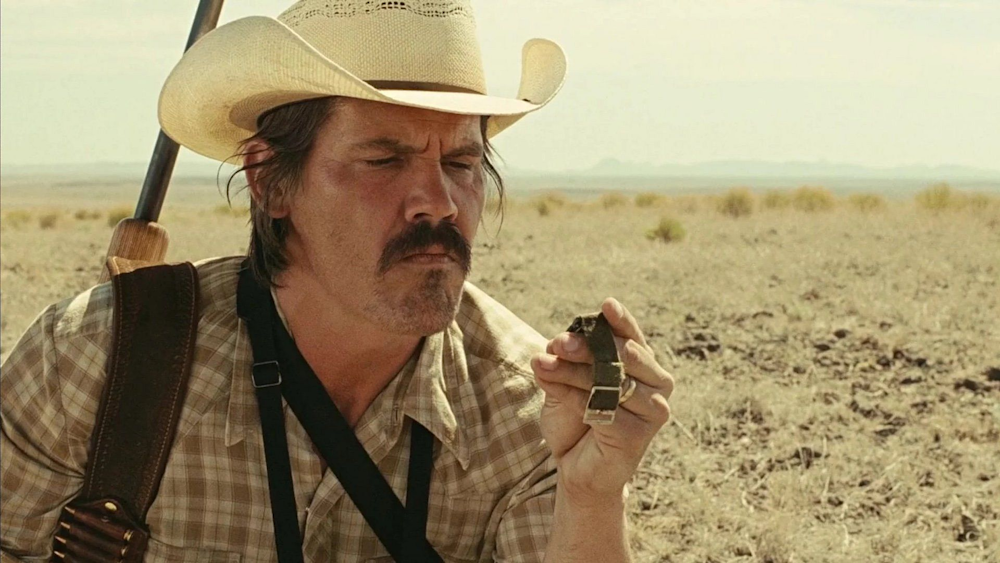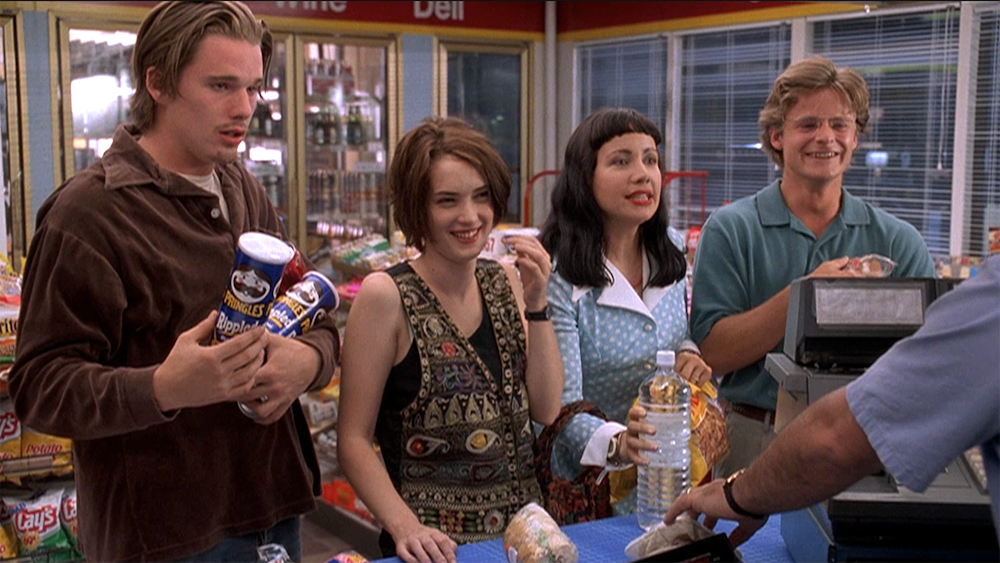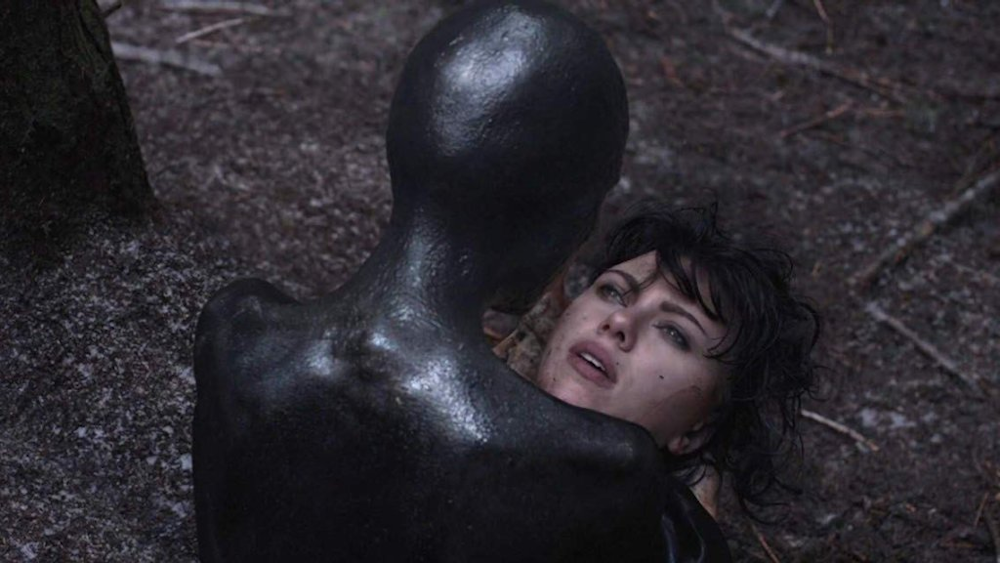Notes From The Program Director | Week of June 23rd, 2023
Rich Text
Hello, friends!
We’ve had to say our sad goodbyes to Spider-Man: Across the Spider-Verse, Eight Mountains, and You Hurt My Feelings, but along with several special stand-alone events, we’re delighted to bring you two new brilliant films this week: Asteroid Cityand The Last Rider.
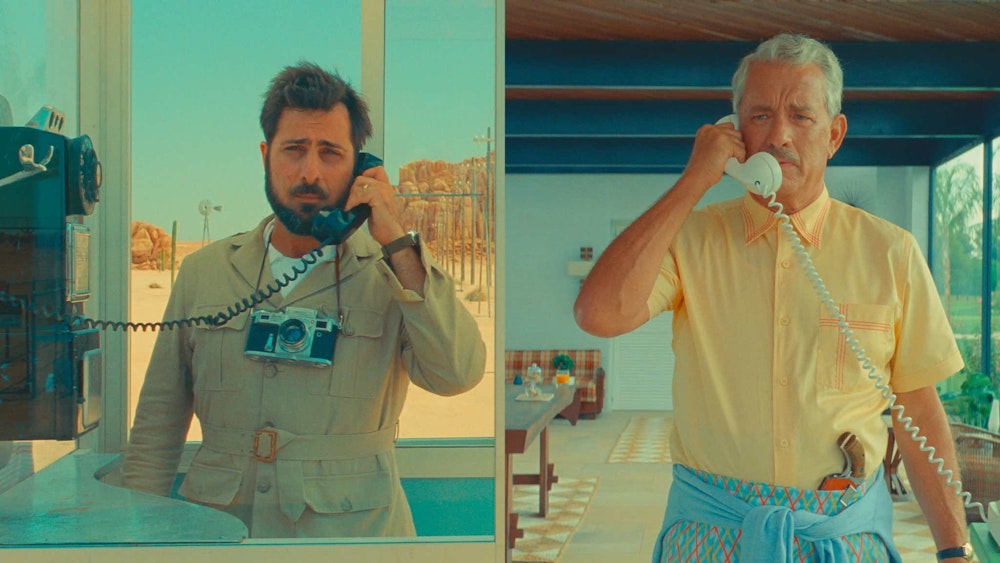
Asteroid City, like all Wes Anderson films, is pure pleasure to gaze at -- the colors, the compositions, the careful symmetry -- it’s an aesthetic delight. But while aesthetics alone offer pleasure, Anderson’s meticulous visual landscapes are never without their thematic resonances. There’s been a recent trend on TikTok, humorously rendering a moment in someone’s life in the style of Wes Anderson: symmetrical compositions, blank expressions on faces, whimsical music to accompany daily tasks. The implication is that anyone can make a “Wes Anderson film.” Some have even claimed that soulless AI could as easily make a Wes Anderson film as Wes Anderson himself. And true, his style is one that seems ripe for imitation, or, for the more cynical, for parody. But Wes Anderson films, for all their seeming-fussy exteriors, are always more complicated, more dense, and more soulful than they first appear. That slowly revealed complexity in his films is partly why I never watch an Anderson film just once -- it’s often only on the second, third, or even fourth time, where all the layers finally come into focus. A first viewing is pure pleasure, but it’s the subsequent viewings that explode my heart and soul.
Asteroid City also operates at this multi-layered level, and in an especially brilliant analysis of the film, Sam Adams, writing for Slate in “Wes Anderon’s New Movie Explains Wes Anderson” lays out the complex themes the film is tackling, themes that no casual TikTok creator or AI machine could simply churn out. Asteroid Citymight be the most “meta” of any of Anderson’s films, circling around the nature of filmmaking itself and deepening the complexity of his other existential themes. While all of his films deal with the universe’s Big Questions -- questions of identity, family, belonging, death, loss -- they also often deal with the meaning and value of art itself. In his earlier film, Moonrise Kingdom, for example, we see these ruminations: one of our main characters, Susie, constantly gazes at the world through binoculars, and as viewers, we gaze at the world with her through her round-lensed framings. She says of her binoculars, “It helps me see things closer. Even if they're not very far away. I pretend it's my magic power.” Susie, as a metaphor for Wes Anderson, the filmmaker himself, invites us in that film to ask if looking at the world through a lens is, indeed, a magic power, helping us to “see things closer.”
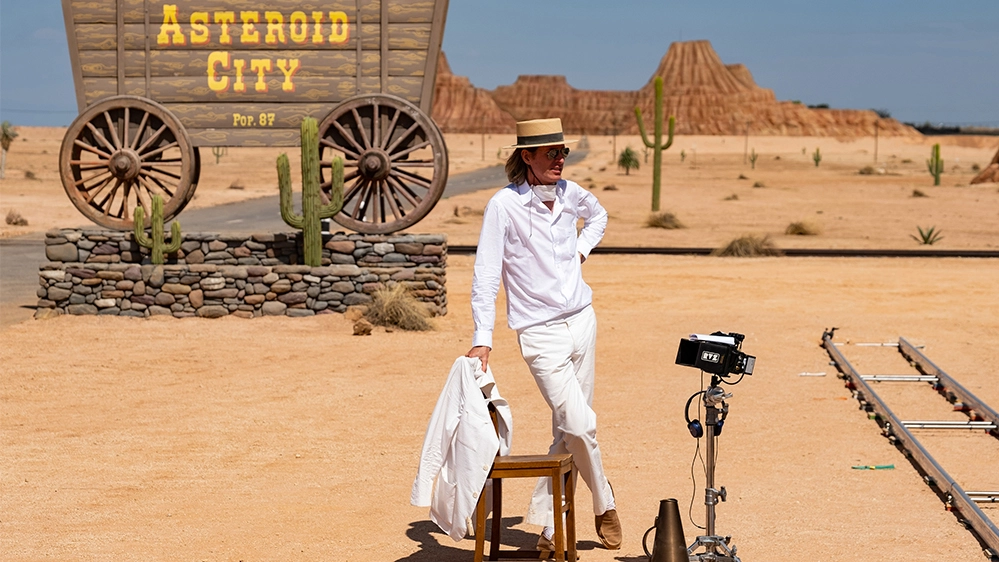
|

We also have two other fantastic special events this week: a screening of the 1994 Gen X classic, Reality Bites, a part of our Third Eye series, staff-curated cult classics, and chosen this month by our wonderful, longtime projectionist Cassie Revell, and a screening of The Space Children, part of our Rocket Sci Fi series, curated and introduced by equally wonderful projectionist (and longest standing staff member!) Steve Meyers. Join us Saturday, June 24, at 10 pm to see Winona Ryder, Ethan Hawke, Janeane Garofalo, Steve Zahn, and Ben Stiller in Reality Bites, and join us Sunday, June 25, at 1:30 pm for a pre-Oppenheimer-release appetizer, to see aliens and children in The Space Children save the world from nuclear missiles. Tickets to both shows are just $6. Finally, we’ve reached the end of Pride month, and I couldn’t be more delighted to finish out the month with the film Under the Skin. As I noted in last week’s newsletter, Under the Skin is part of our Hidden in Plain Sight: The Visual Language of Trans Cinema series, a series kicked off by The Matrix, last week, and this week’s film will be accompanied by a fantastic, truly transformative introduction from critic and author Willow Maclay. Willow’s introduction alone is worth the price of admission: she discusses the difficulties trans audiences have faced in searching for representation on screen, and she examines how Under the Skin offers a powerful and unique and unexpected kind of representation. It’s an honor, as a cinema, to support the work of those like Willow, whose perspective is needed now, more than ever, particularly as inhumane anti-trans legislation sweeps the country. Further, those who had the privilege of seeing Under the Skin when it was in theaters in 2014 will understand just how special this opportunity is to see it again on the big screen. I’ll never forget sitting at the Pickford myself nearly a decade ago in the Limelight location, absorbing the stunning images of Under the Skin. It’s one of the most powerful cinematic experiences I’ve had in my lifetime; I can still remember how I felt, both flattened and electrified, an effect that only great films can have. Director Jonathan Glazer is, truly, a force to be reckoned with, and as we wait eagerly for his newest film, The Zone of Interest, which took home the Grand Prize at Cannes this year, I can’t think of a better way to pass the time than with Under the Skin. It’s an incredibly intense film that won’t necessarily be for everyone, but I can promise you: it’s a film that you won’t forget. See you at the movies, friends! Melissa |
back to blog page button
site note
We open 30 minutes before the first showtime of the day.
All theaters are ADA accessible with wheelchair seating.
Closed captioning and assistive listening devices are available at the box office.
custom footer

Pickford Film Center
1318 Bay St
Bellingham, WA 98225
Office | 360.647.1300
Movie line | 360.738.0735
Mailing Address
PO Box 2521
Bellingham, WA 98227

